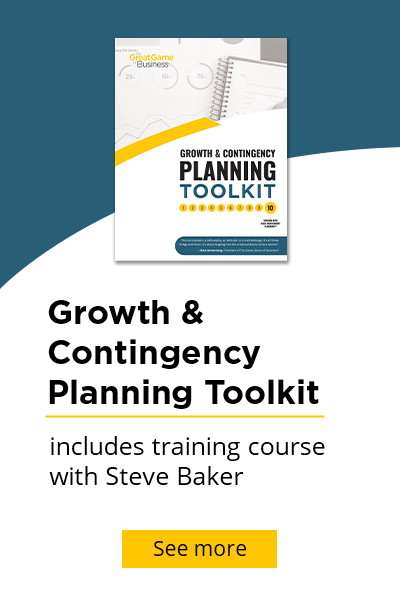 We business owners could learn a few things from 3 year old kids. They ask “why.” A lot.
We business owners could learn a few things from 3 year old kids. They ask “why.” A lot.
“Why do I have to go to bed?”
“Why is grandma’s hair that color?”
In his book Start with Why, author Simon Sinek makes the case that most businesses can explain what they do and how they do it, but few
can clearly articulate why.
Find Your Why
I agree, and suggest that much of the formula for small business success can be found in the answers to these three questions:
1- Why do you do what you do?
2- Why do your customers choose your business instead of your competitor?
3- Why do your employees work for you instead of somewhere else?
1 - Why do you do what you do?
Of the hundreds of entrepreneurs I’ve met over the years, the most common reasons given for being in business include:
- Be my own boss
- Passion for industry
- Make more money
Why do you come in early and stay late? Why do you take risks and sign personal guarantees?
Give this question the serious thought it deserves. Then, build your business in a way that supports your “why.”
2 - Why do customers choose your business instead of your competitors?
This one is huge. Here’s an experiment for you:
With no warning or preparation, ask each of your employees to write down the answer to this question. It’s an opinion – no pressure, no right or wrong answers, and nobody gets in trouble for their response.
Gather ‘em up and see what they say. Unless you’ve been doing a pretty good job of discovering and discussing your value proposition (or unique selling proposition or competitive advantage – whichever you prefer to call it), you’ll get about as many responses as you have employees.
Another good exercise: Survey your customers. Find out what’s important to them. What do you do well, and where can you improve?
How powerful would it be for everyone in your company to know exactly why your customers choose you over the competition, and to use this knowledge to enhance every communication, every transaction, and every customer contact?
3 - Why do your employees work for you instead of somewhere else?
Hopefully, it’s because they choose to and not because their choices are limited.
Also hopefully, you see your employees as a team – an essential, important ingredient of your business’ success, and not just a resource to be used and abused.
Each of your employees has a “why.” Find out what it is. Conduct an employee survey, but also be sure to speak with them individually. What are they after? What are their aspirations? How can you help?
Important questions – Important answers
If you will take the time and make the effort to explore these three questions, get the answers and then apply this knowledge to your business, it will go a long way toward building a business that serves your why, your customers’ why and your team’s why.
And isn’t that a great reason to do what you do?
Bill Collier is the St. Louisarea coach for The Great Game of Business. He helps businesses improve results by teaching their employees to think and act like owners. He is the author of “How to Succeed as a Small Business Owner … and Still Have a Life” Bill can be reached at 314-221-8558 or billcollier@greatgame.com.
.png)








.png)




-5.png)

